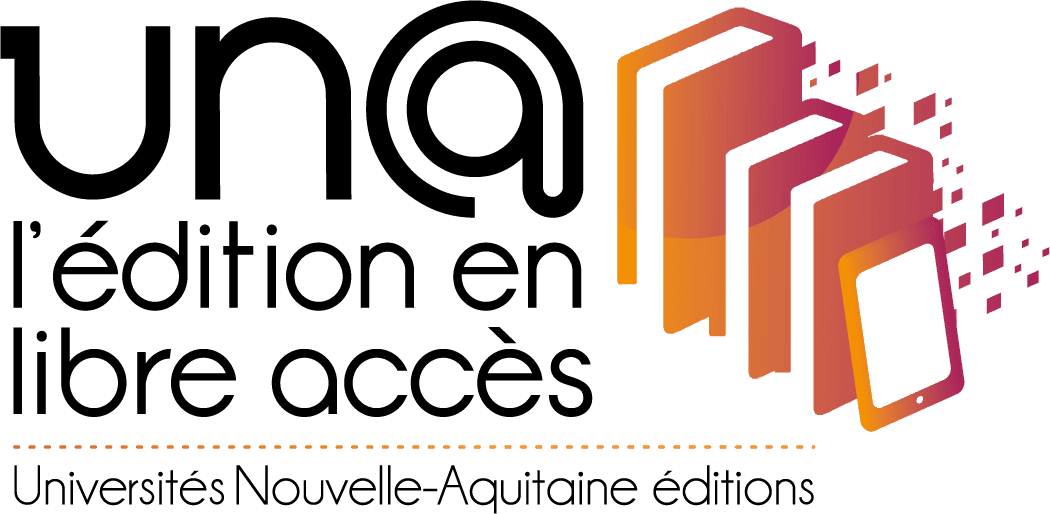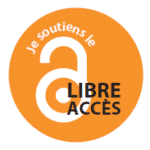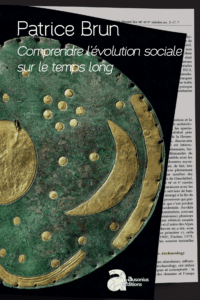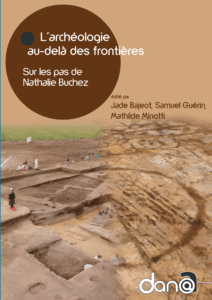UN@ est une plateforme d'édition de livres numériques pour les presses universitaires de Nouvelle-Aquitaine
Lieu d'édition : Pessac
par Patrice Brun
The nomenclature of typo-chronological systems was founded on technological evolution. Major technological and typological changes were often interpreted as resulting from population movements.
par Patrice Brun
La notion de réseau est devenue familière au grand public grâce à l’internet qui a mis en connexion des millions de personnes dans le monde entier. Elle est pourtant très ancienne, comme le montrent les définitions qui en ont été proposées par les dictionnaires.
par Patrice Brun
L’archéologie, comme d’autres sciences humaines, tente de saisir les modalités d’organisation des sociétés, notamment à travers la façon dont elles ont occupé l’espace. Dans cette perspective, la notion de territoire occupe une position privilégiée.
par Patrice Brun
De nombreuses données permettent aujourd’hui d’esquisser les formes d’organisation sociales du Ier mill. a.C., en Europe, surtout en Celtique nord-alpine et en Ibérie.
par Patrice Brun
La question de l’origine des Celtes a fait couler beaucoup d’encre. Comme toutes les questions identitaires, elle suscite, en effet, un intérêt souvent passionnel ; au point que les chercheurs professionnels ont très majoritairement adopté à son sujet une stratégie d’évitement.
par Patrice Brun
Le propos est de montrer que la période courant de la fin du IVe au début du IIe s. a.C. fut une période transitoire majeure de la protohistoire européenne. Elle articule en effet deux volets, qui représentent deux paliers de l’accentuation et de la généralisation de la division sociale en Europe tempérée humide
par Patrice Brun
Pendant l’âge du Bronze, d’évidentes affinités typologiques lient les îles britanniques et les régions occidentales de la péninsule Ibérique, de la France et du Benelux. Cette constatation a très logiquement généré l’idée d’une communauté culturelle atlantique
par Émilie Louesdon
Les enjeux d’une approche technologique en céramologie s’inscrivent dans une démarche engagée il y a maintenant une cinquantaine d’années et ont fait l’objet de nombreux travaux sur le territoire national comme au-delà de nos frontières.
par Mathilde Minotti
No human being appears entirely naked when on public display. In the absence of clothing, tattoos, and make-up, ornaments and other embellishments modify bodies and physiognomies in all human cultures.
Découvert en 1987 lors de prospections de l’université d’Amsterdam, le tell se trouve à 40 km au nord-est de la ville de Zagazig, dans la province de la Sharqiyah.
En définitive, Nathalie nous aura permis de voyager dans les Hauts-de-France et ses marges, ainsi que dans des contrées plus chaudes et ensoleillées : du Soudan à l’Égypte, et ce au gré de thématiques scientifiques qui l’auront guidée durant toute sa carrière d’archéologue/égyptologue et de céramologue.



